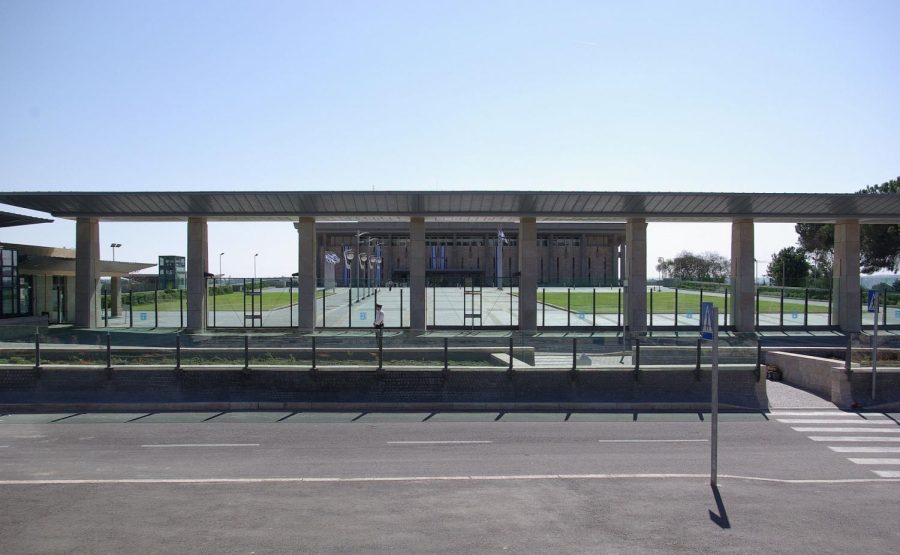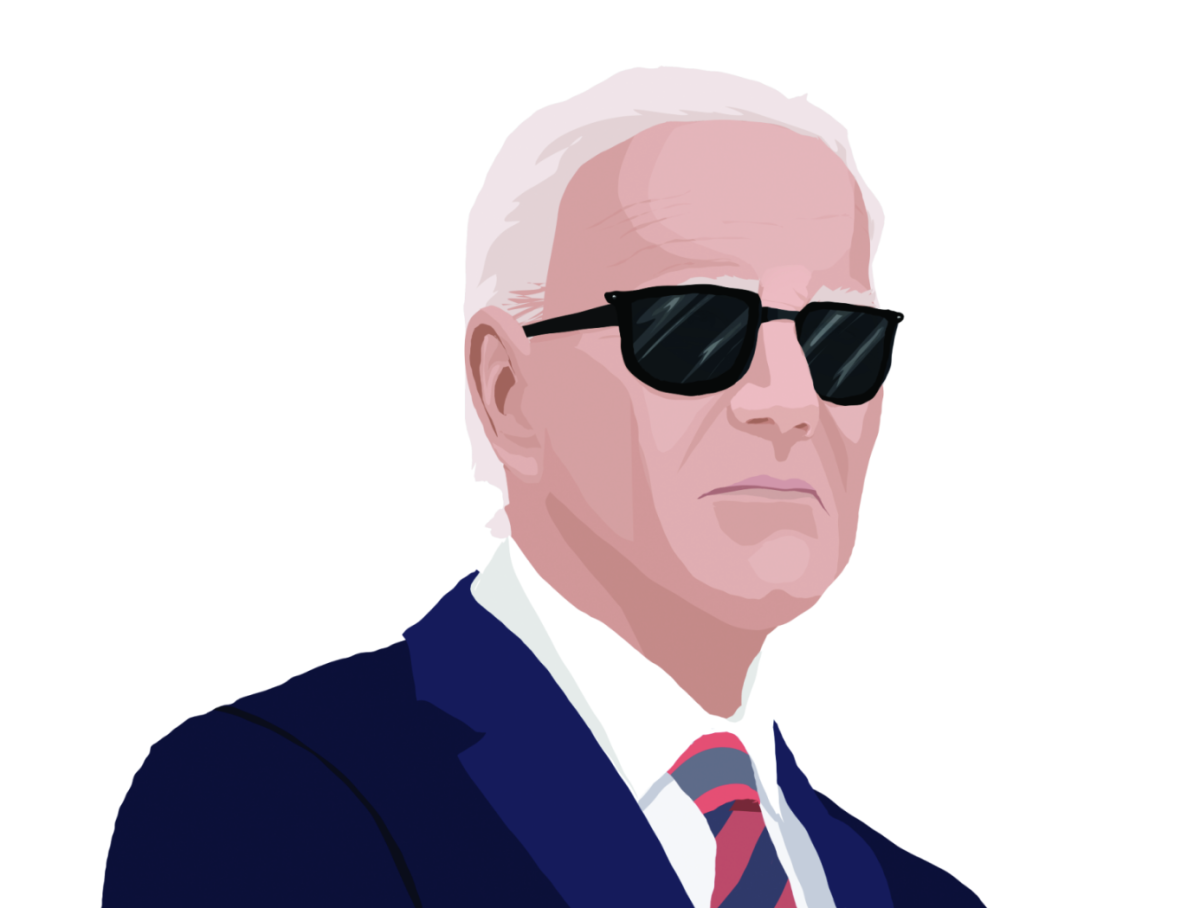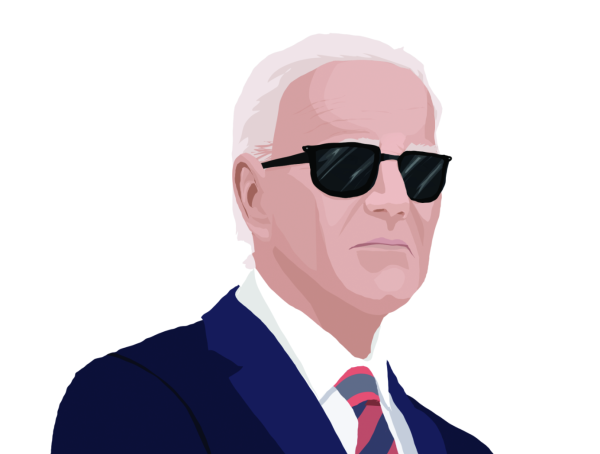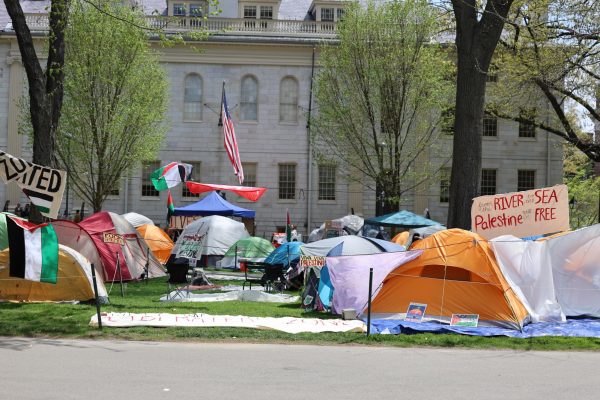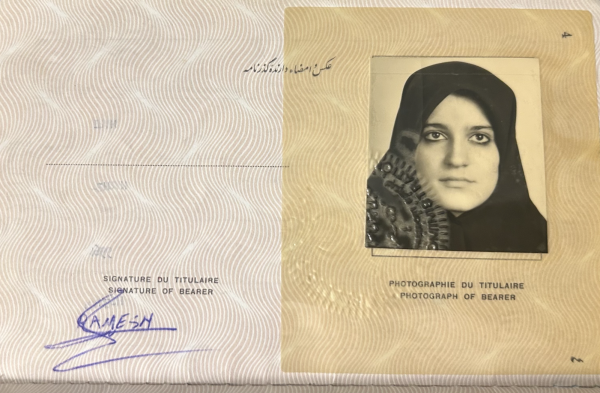Can a constitution save Israeli democracy?
The judicial reforms are currently being discussed and voted o in the Knesset building.
May 10, 2023
Israel has been in a state of unrest for weeks on end as protestors are rallying against a set of proposed judicial reforms by the Likud, the largest political party in the Knesset. The reforms threaten Israel’s existence as both a Jewish and democratic state. The absence of an Israeli constitution is the basis of the problem because, with a constitution, the supreme court’s power is limited. These particular reforms endorse a lot of right-leaning politics.
The judicial reforms were proposed in Jan. 2023 and were met with immediate backlash. According to AJC, there are three components to the reforms, which all have to do with the power of the Israeli supreme court.
The first reform is that the selection of judges becomes more political, with Knesset members taking most of the spots on the search committee. Previously, it was an even mixture of lawyers, politicians and judges. The second reform is that the Knesset can overrule a supreme court decision with a simple majority of 61 out of the total seats. The third reform is limiting judicial review of Israel’s basic laws.
With the lack of an Israeli constitution, the supreme court essentially acts as the basis for constitutional law. As a result, these reforms would put that power in the hands of the Knesset. The judicial reforms will allow for the legislative and executive branches to gain more power.
Especially with fringe-right coalitions having a big say in the Knesset, that aren’t necessarily representative of the Israeli population, these judicial reforms will threaten Israel’s democracy because the country will lack a strong checks and balances system needed for a functioning democracy. If the judicial reform passes, almost all decisions will be made with a political agenda, with little input from the supreme court as to whether this is productive for Israeli society.
Instead of having a written document that is hard to amend, the supreme court has immense power to decide what is constitutional. The group in favor of the reforms tends to be right-leaning and argues that the supreme court is standing in the way of a true Jewish State.
“The high court has also been the subject of complaints from Israel’s far-right and settlers, who say it is biased against settlers; they have condemned the court’s involvement in approving the eviction of settlers from Gaza and the Northern West Bank in 2005,” CNN reports.
For instance, the judicial reform would support the right-leaning parties’ initiative to exempt Ultra-Orthodox citizens from mandatory military service through the Haredi Draft Bill. The far-right parties are part of the coalition made by Prime Minister Benjamin Netanyahu, and now have the majority, when in reality they don’t represent the majority population. This is problematic for non-Haredim as they are required to serve in the military, while some citizens are not. With a constitution, these reforms aren’t necessary, and won’t give too much power to the right.
It is important to preserve the Jewish nature of the state of Israel, as it is the only country that the Jews have. At the same time, the status of Israel being the only fair and healthy democracy in the Middle East is a ground-breaking achievement that will be endangered by these proposed judicial reforms. Israel successfully sports the balance between a Jewish and democratic state, and to ruin that equilibrium would be a mistake.
The solution to both parties’ concerns of maintaining a Jewish and democratic state is to create a constitution. This would solve the problem of limiting the supreme court’s power, and also prevent judicial reforms that give the court a political agenda, instead of staying unbiased. If the supreme court justices have a stronger foundation of Israel’s principles with the guide of a constitution, then Israel can exist as a Jewish democratic state that was envisioned by the early Zionists.


